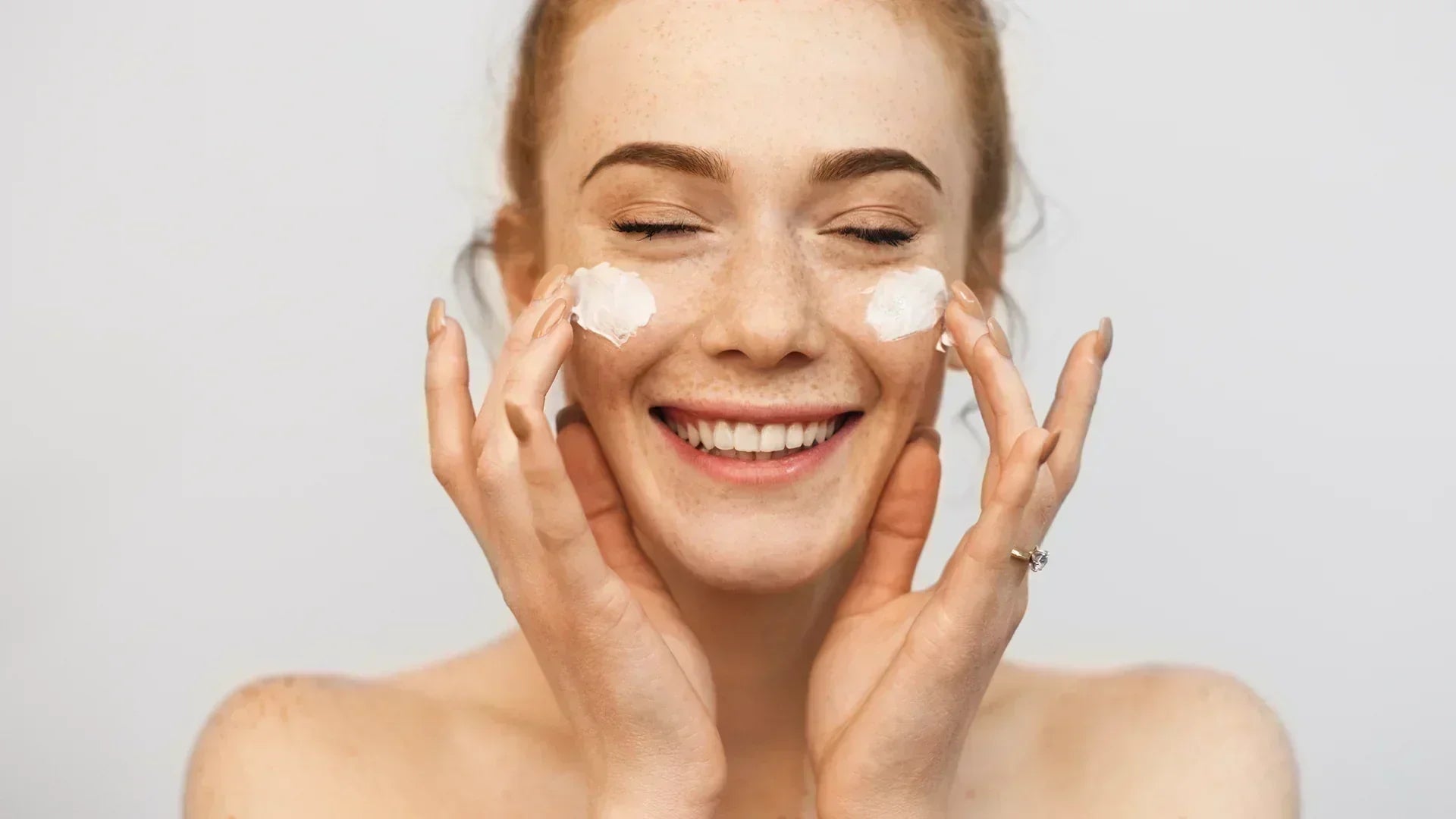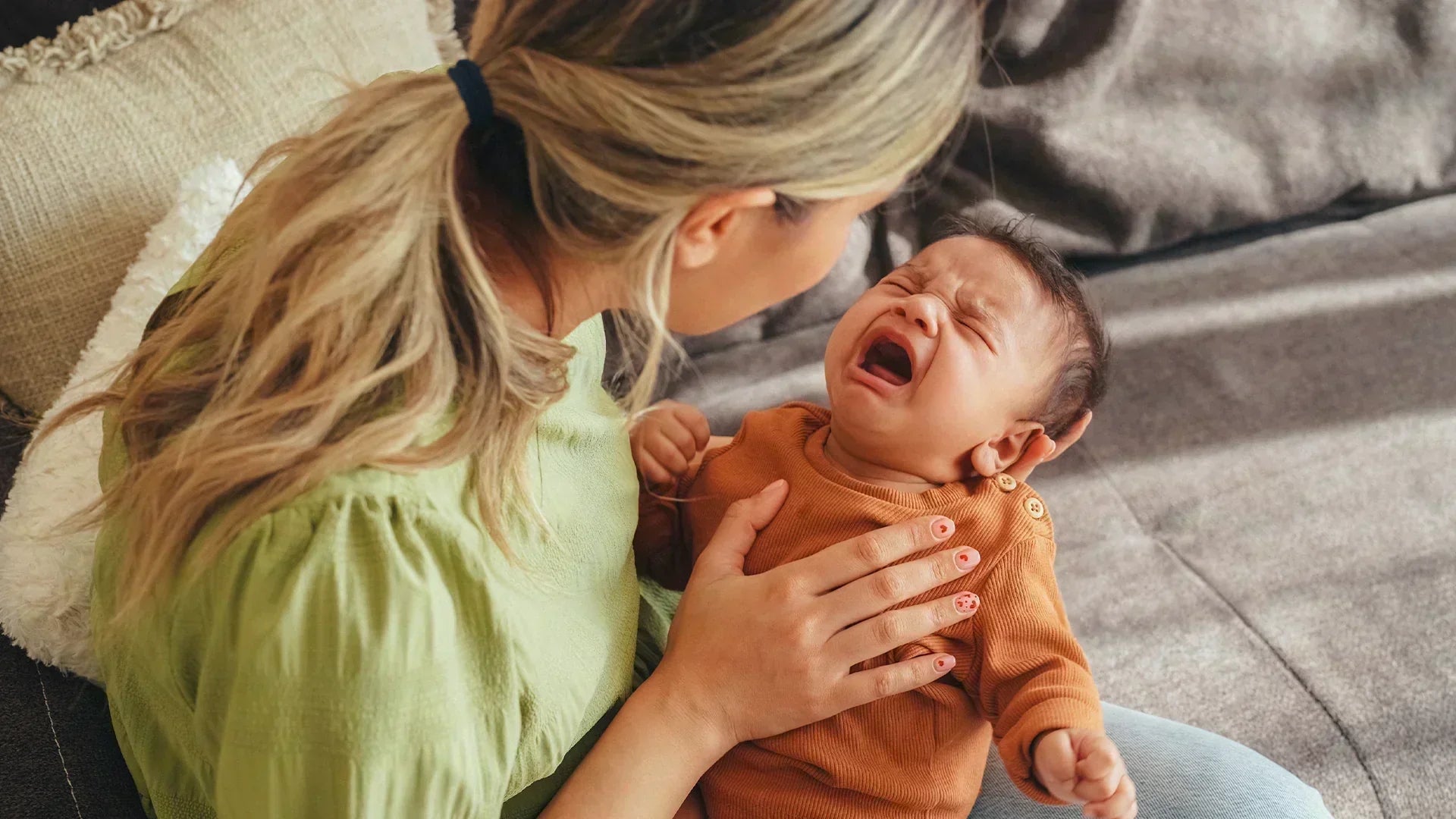While the magic of kissing needs no introduction, research now suggests that kissing is more than just a sign of affection—it can be potentially beneficial for both body and mind.
The benefits (and joy!) of kissing
We’ve all experienced the thrill of a kiss, but what’s happening beneath the surface? Our lips are packed with thousands of nerve endings, making them one of the most sensitive parts of the body. When we kiss, these nerve endings send signals to the brain’s pleasure centres, possibly triggering the release of feel-good chemicals like dopamine and serotonin.
Kissing also potentially encourages the release of oxytocin, often called the "bonding hormone," which helps strengthen emotional connections and deepen feelings of closeness. As Albert Einstein amusingly remarked, “Any man that can drive safely while kissing a pretty girl is simply not giving the kiss the attention it deserves.”
What’s more, kissing helps lower stress levels, making it a wonderful way to unwind and feel more connected to your partner.
French kissing benefits? Here’s a surprising perk
Beyond the emotional benefits, kissing may have unexpected advantages for overall well-being. A 2014 study by Dutch researcher Remco Kort found that a 10-second French kiss can transfer up to 80 million bacteria. While this might sound a little startling, it’s actually a good thing!
Couples who share frequent French kisses tend to develop similar groups of friendly bacteria in their mouths. This natural exchange can introduce friendly microbes, much like those found in low amounts in certain probiotic-like foods.
Chief Scientist Officer Gianfranco Grompone of BioGaia explains, “When we interact, such as through talking or kissing, we exchange microbes. This is fundamentally good, as it helps our bodies recognise and adapt to different bacteria.”
So, next time you lean in for a kiss, know that it’s not just a sweet moment—it might just be doing you a world of good!




